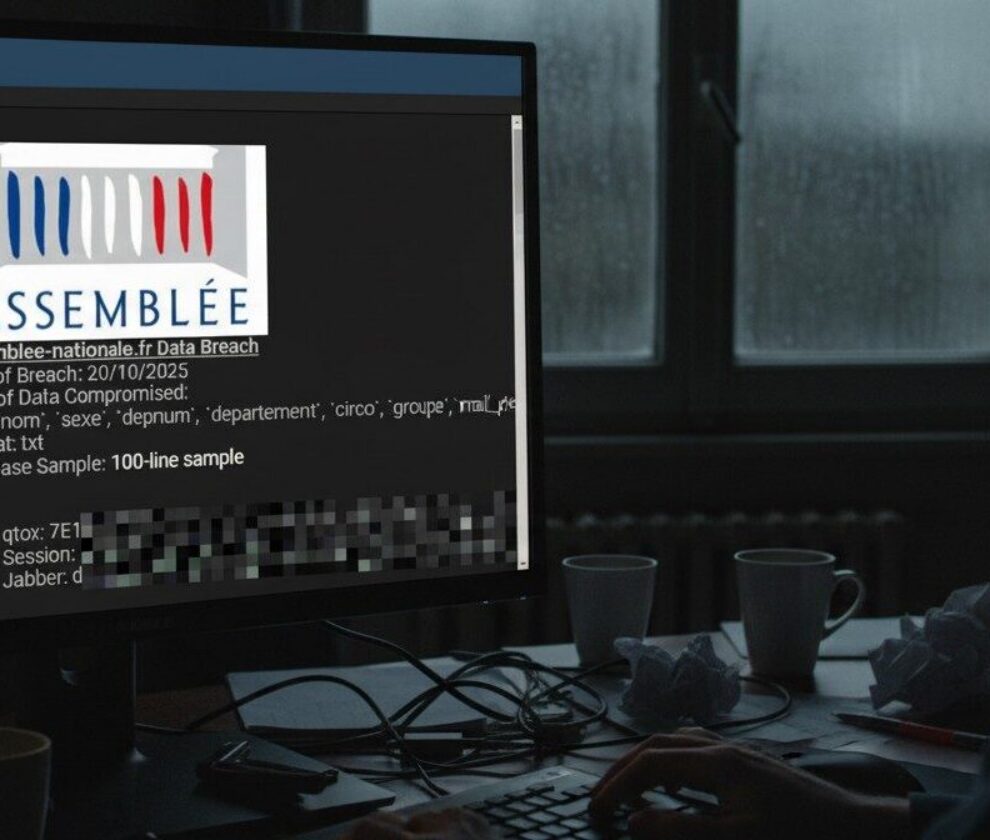OpenAI has recently taken a significant step forward, restructuring its organization and strengthening its strategic partnership with Microsoft. This move is set to redefine its mission, balancing non-profit philanthropy with accelerated technological advancements, while fostering deeper collaboration with a global tech powerhouse.
An Innovative Hybrid Model: OpenAI’s Restructuring
After in-depth discussions with the attorneys general of California and Delaware, OpenAI unveiled a reorganization aimed at aligning its non-profit mission with ambitious commercial objectives. At the heart of this restructuring is the establishment of the OpenAI Foundation, a philanthropic entity holding a valued share of approximately $130 billion in the business-focused OpenAI Group PBC.
This groundbreaking hybrid model channels commercial success directly into impactful global initiatives, such as public health advancements and artificial intelligence (AI) resilience programs. OpenAI has already committed $25 billion toward these efforts. As a public-benefit for-profit entity, OpenAI Group PBC is legally mandated to support the broader mission of OpenAI, ensuring a balance between innovation and societal impact.
Microsoft’s Renewed Commitment
Microsoft’s relationship with OpenAI, a cornerstone of OpenAI’s progress since its inception, has evolved with this new chapter. Although its ownership share slightly decreased to 27% due to external fundraising, its investment now totals an impressive $135 billion. Despite this dilution, Microsoft remains the exclusive Azure API provider for OpenAI’s advanced models until the emergence of Artificial General Intelligence (AGI).
A noteworthy addition to this collaboration is the creation of an independent expert panel tasked with validating any AGI developments. This mechanism reinforces ethical safeguards while granting Microsoft the flexibility to partner with other entities in exploring AGI advancements.
Newfound Flexibility for OpenAI
The refined agreement affords OpenAI unprecedented flexibility in its operations. For example, though the organization is committed to a massive $250 billion investment in Azure services, Microsoft is no longer its exclusive provider. This change paves the way for strategic partnerships with other market players and permits OpenAI to develop non-API products in collaboration with third parties, albeit under specific conditions.
“This partnership marks a new milestone in sustainable technological growth,” remarked an OpenAI spokesperson.
Global Implications and Strategic Outlook
The restructuring and enhanced partnership between OpenAI and Microsoft exemplify a burgeoning trend in the AI landscape: an intricate balance between rapid innovation and stringent ethical governance. This hybrid model could soon serve as a benchmark for organizations looking to fuse growth with accountability.
The OpenAI Foundation’s initiatives, ranging from public health to climate resilience, hold immense potential to drive transformative global impact. In collaboration with governments and key industry players, OpenAI is well-positioned to set new standards for public-private partnerships in the AI ecosystem.
Conclusion
OpenAI’s reorganization and deeper engagement with Microsoft signify a bold commitment to making AI a universal good. By blending technological innovation with philanthropic purpose, this strategy not only shapes the future of OpenAI but also influences the global landscape. For businesses eager to navigate and leverage such transformative shifts, our services at My Own Detective are here to guide you in understanding and strategically adapting to this complex but exciting intelligence economy.


